The International Monetary Fund said that China's economic activity recovered broadly in line with the authorities' growth target of around 5 percent. It projected China's GDP growth to be 4.6 percent this year, an upward revision of 0.4 percentage points from the IMF's forecast in the October 2023 World Economic Outlook, or WEO.
On the projected 4.6 percent growth, Sourabh Gupta, a senior fellow at the Institute for China-America Studies, said it is "reasonable" but "slightly on the lower side" in his estimation.
"I expect the final number to come in closer to 5 percent on the back of greater public sector investment, which would also be near the government's growth target," Gupta told China Daily.
He said China will grow because it enjoys robust private sector growth engines, such as in the electric vehicles, environmental goods, advanced manufacturing, and platform economy sectors. "This is evident in the healthy private fixed asset, minus property, investment numbers, which are surging at a double-digit pace and cushioning the blow from the contraction in real estate investment," he said.
"Longer-term, this also bodes well for the sustainability of macroeconomic growth once the shakeout in the property sector restores residential fixed investment growth to an equilibrium more in tune with fundamentals. The shakeout could be a protracted one, though. This is especially so given that economic growth in the advanced economies is expected to soften this year," Gupta added.
The executive directors welcomed China's strong post-pandemic recovery while noting that the ongoing adjustment in the property market and strains in local government public finance will continue to weigh on private investment and consumer confidence, according to the IMF report released on Friday.
The directors welcomed the authorities' efforts to contain risks from the property market and underscored the need for additional measures in a comprehensive, well-sequenced strategy to facilitate a smooth transition of the property sector to a new equilibrium, they report said.
They emphasized the need to close local government fiscal gaps and contain their debt risks and welcomed the authorities' policy package in this regard.
They also welcomed the Chinese government's focus on risk prevention and control in the financial system and agreed that macroeconomic policies should support activity in the near term.
The directors welcomed China's emphasis on more sustainable drivers of quality growth, their commitment to ensuring a level playing field to attract investment, and its strong commitment to achieving carbon neutrality and the efforts they are making toward this end.
They highlighted China's role in advancing multilateral economic cooperation and welcomed its support for sovereign debt restructuring in low-income and vulnerable countries and addressing the global climate crisis.
Concerns addressed
Zhang Zhengxin, IMF executive director for China, issued a statement to address some of the concerns as part of the review.
Zhang said the IMF's forecast for the real estate market was "too pessimistic" to some extent. The property sector, he said, had been "stabilizing and recovering, and its downward impact on the economy will continue to reduce gradually in the future".
Zhang also said China "has always fully complied with our agreements and commitments to the IMF on data disclosure and provision".
Last November, the Chinese National Bureau of Statistics and the IMF signed a memorandum of understanding in which China pledges to make new contributions to global statistics development with the IMF. Zhang mentioned this memorandum and said that China would continue to "expand" big data collection and improve quality and transparency to better support policymaking needs.
Gupta said that in 2023, China took major "haircuts" as part of debt-relief efforts related to the Zambia and Sri Lanka restructurings, which was well-received in the international monetary and financial policy community. "With the US and China chairing the G20 Sustainable Finance Working Group, and with Treasury Secretary Yellen and Vice-Premier He Lifeng having met on a number of occasions over the past 13 months, the hope and expectation is that productive cooperation will continue in the year ahead."
On China's trade with others, Gary Hufbauer, a senior fellow at Peterson Institute for International Economics, said that as long as China remains a reliable supplier, this trade will expand.
"China has the advantage of offering high-quality components and finished goods at reasonable prices," Hufbauer told China Daily.
"China should declare that it will not restrict exports or imports for political reasons, except in retaliation for foreign trade restrictions. China should also launch a "charm offensive" to retain and attract foreign business firms by changing policies to answer reasonable grievances," he suggested.













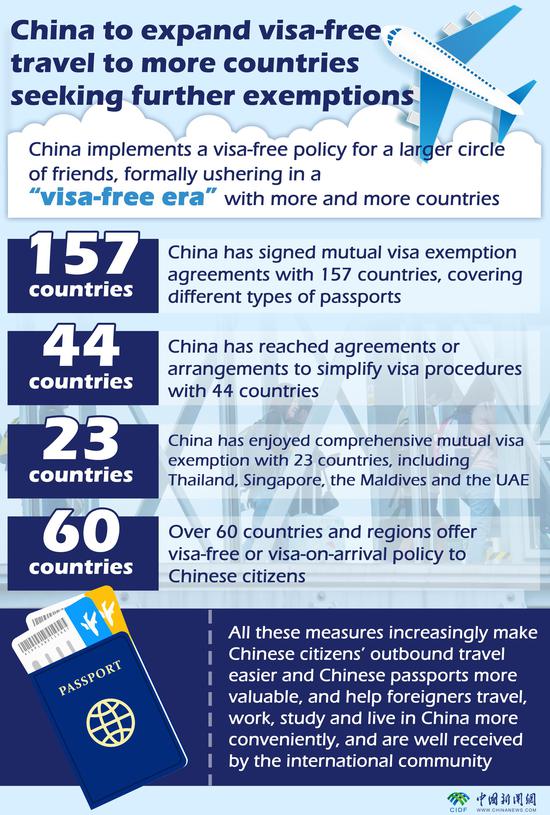

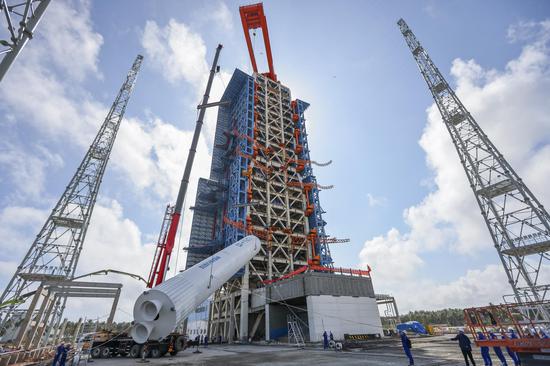










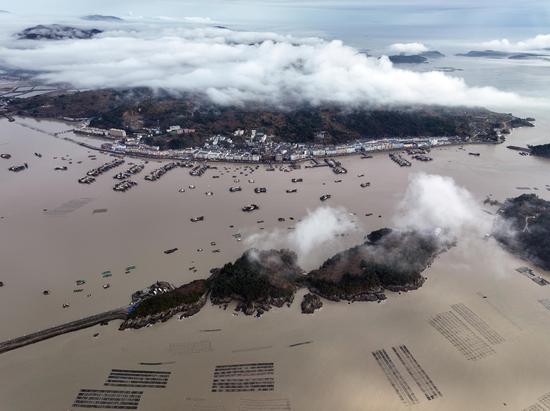
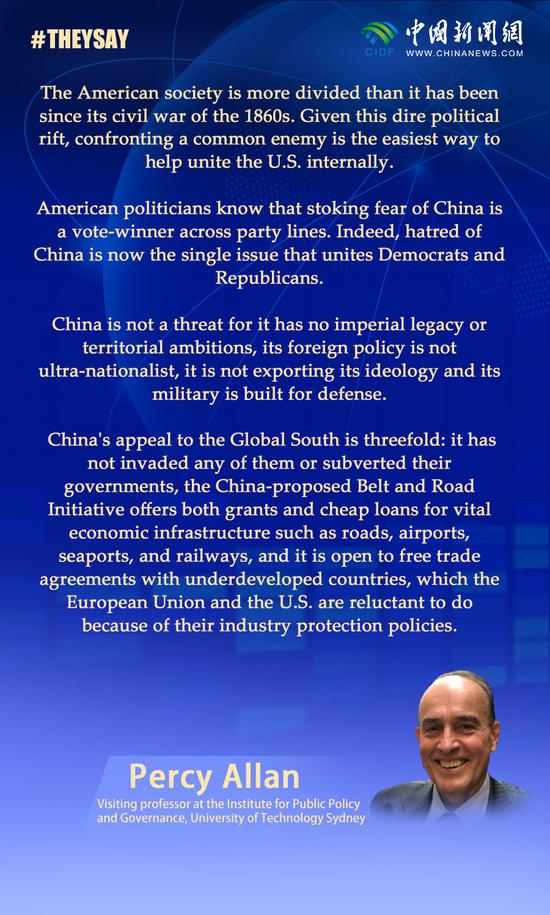
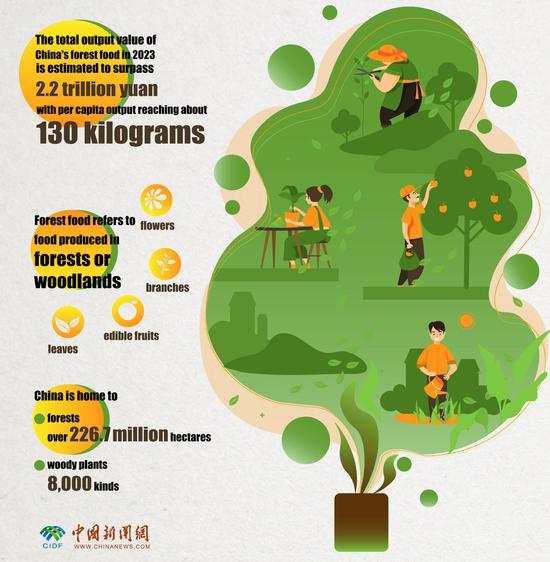




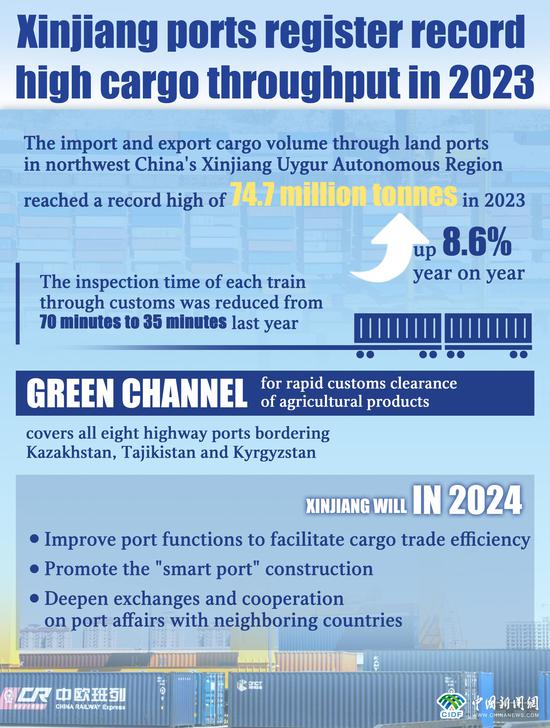
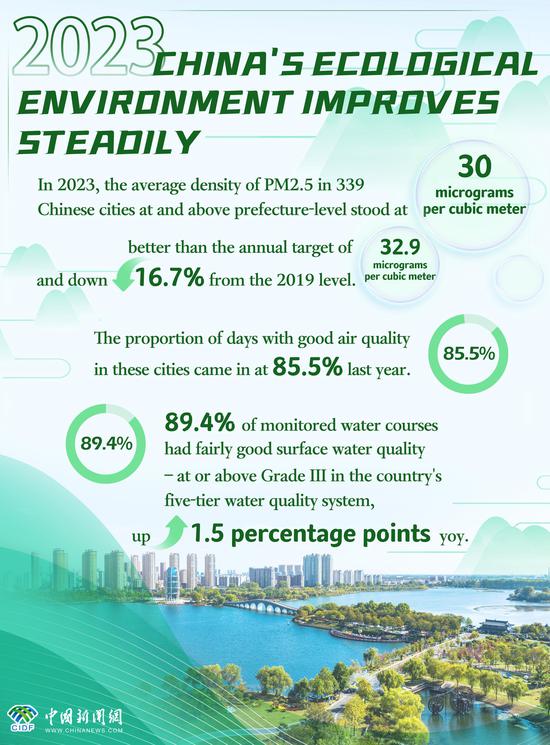






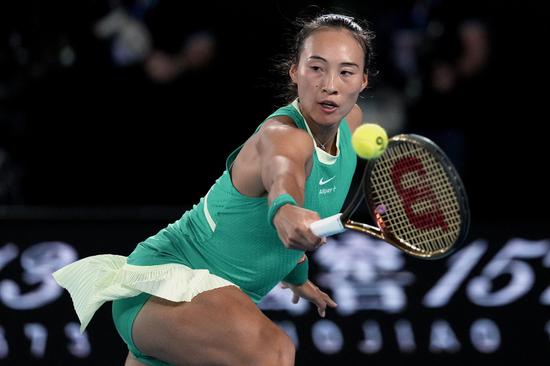


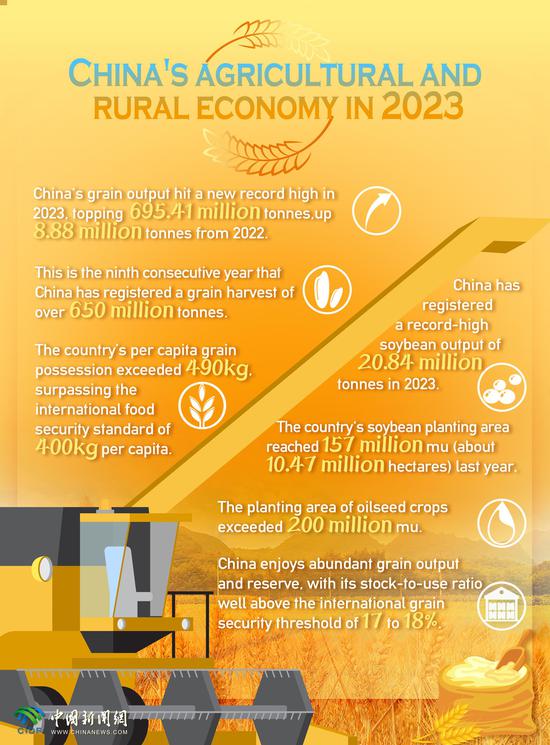





 京公网安备 11010202009201号
京公网安备 11010202009201号
